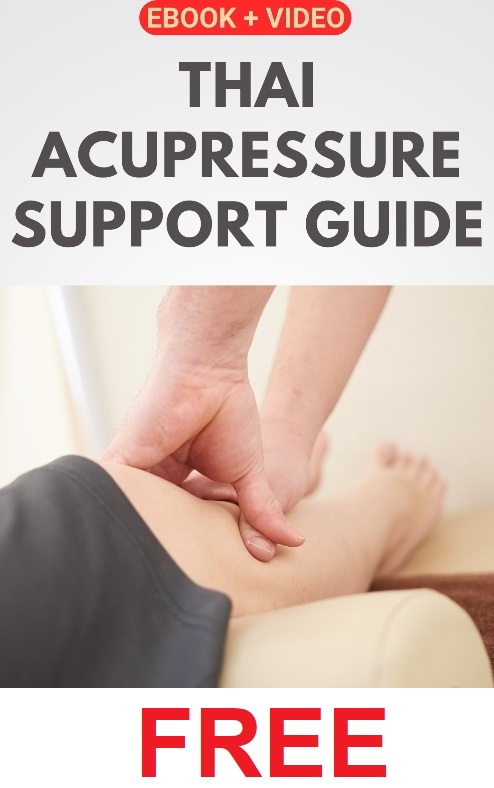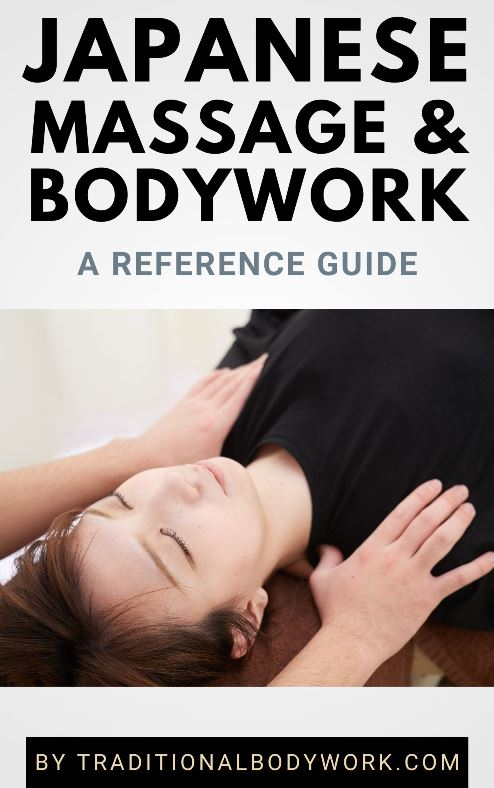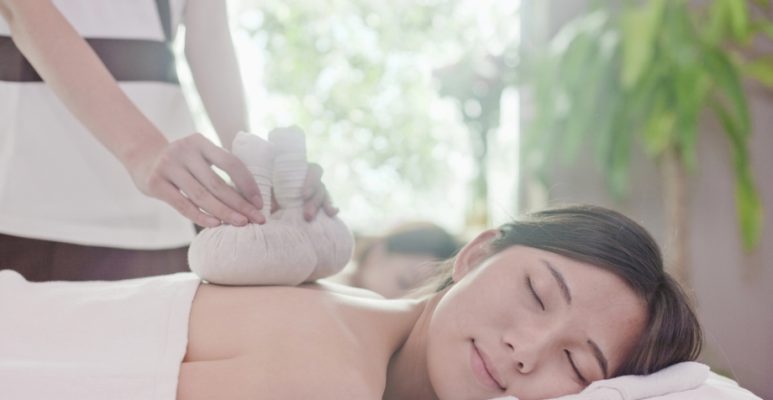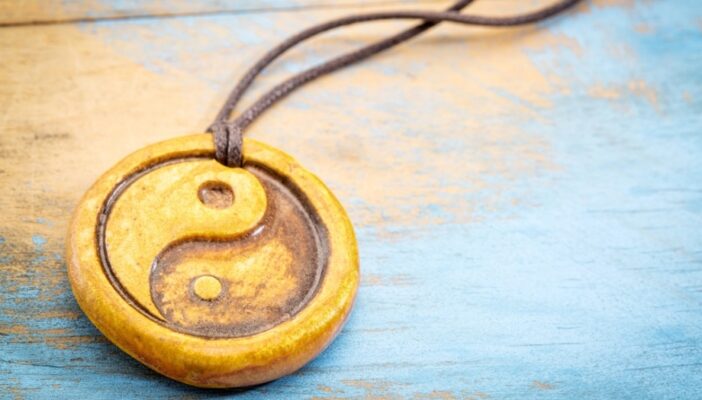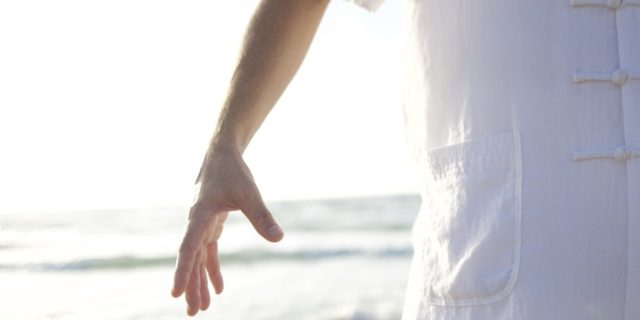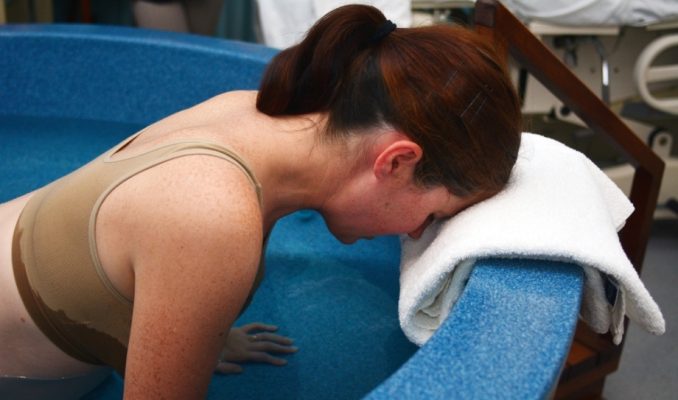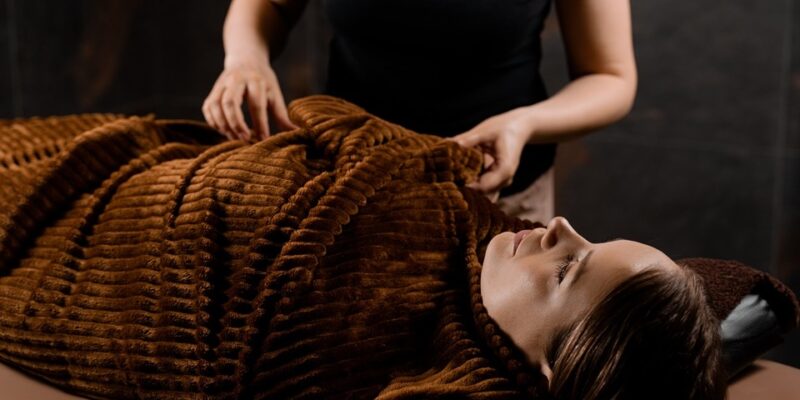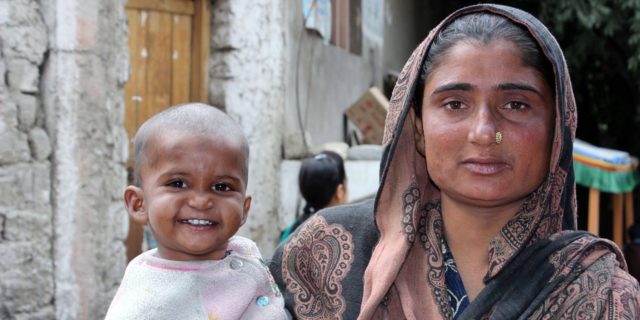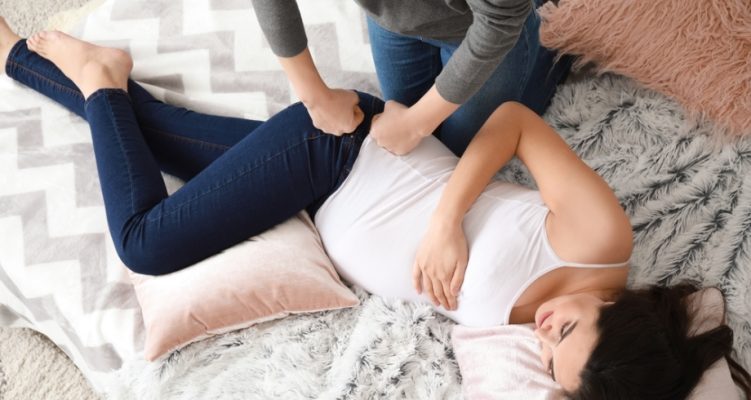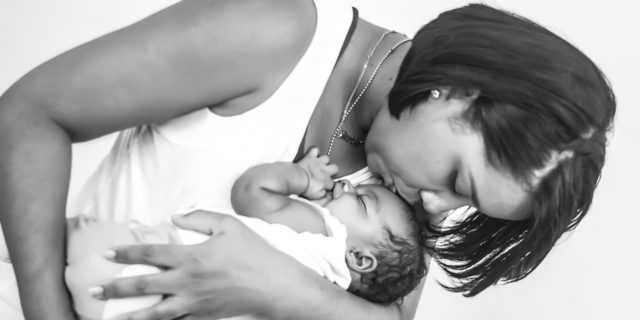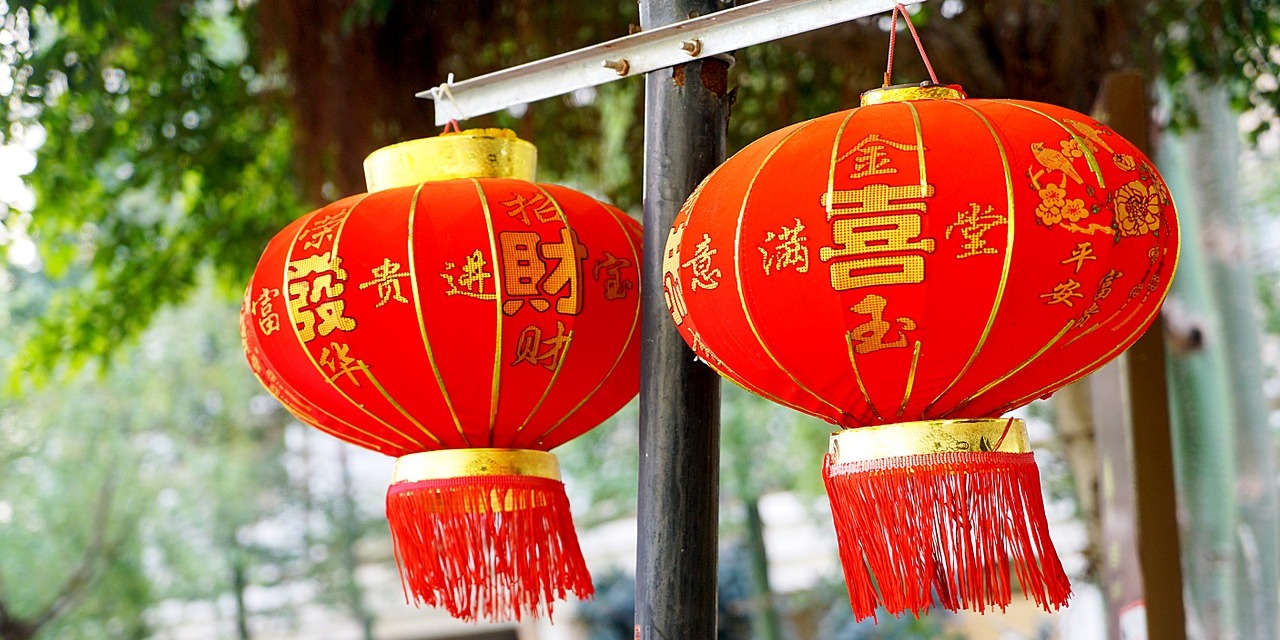
Chinese Postnatal Zuo Yue Zi — also written Zuoyuezi — is translated ‘Sitting The Month,’ ‘The Month Inside,’ ‘Doing the Month,’ or ‘Sitting In,’ and is a set of traditional postpartum treatments and rules.
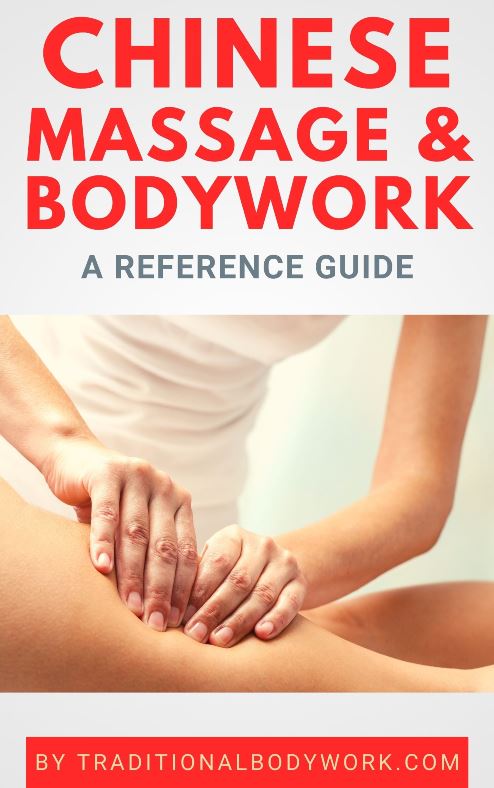
Supposedly, the earliest written evidence of postnatal treatments in China is from more than 2,000 years ago. Today, the practice has fallen somewhat out of favor but it has certainly not been forgotten. Many mothers still take the after birth time “to sit” through the one-month postpartum confinement period. By the way, it’s also a popular practice in Taiwan.
According to the Chinese, the immediate months following childbirth are one of the most crucial times for any new mother. It is during this period of rest when the new mother’s body is most fragile and vulnerable to sickness.
It’s believed that by following the cultural and traditional practice of Zuo Yue Zi, new mothers can avoid lifelong health issues (especially female-related illnesses) but also more general health problems such as arthritis, asthma, rheumatism, aches and pains throughout the body, and even eyesight problems.
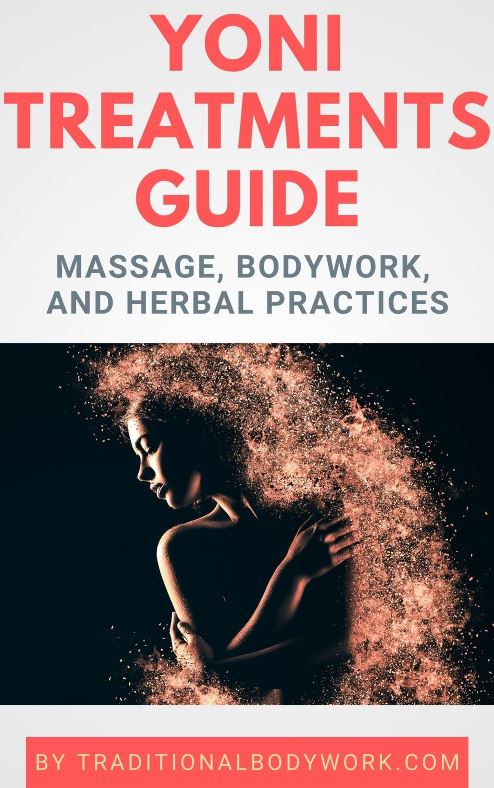
Moreover, it’s thought that the practice can help a mother’s pelvis and uterus to heal after birth and regain pre-pregnancy vitality and health. Women are also given strict dietary restrictions which consist of traditional foods rich in calcium, iron and protein, as well as rules with regard to bathing and general hygiene.
Like in many other Asian countries, the confinement period is characterized by avoiding to ‘lose heat.’ It is during this period of rest, where mothers are instructed to stay away from anything that is cold, in order to re-balance the body’s state prior to that of childbirth. It’s therefore essential to stay warm during the postpartum period, which includes eating ‘warm’ foods.
Below is a list of some traditional Chinese confinement rules that new mothers are expected to follow in the afterbirth month when practicing Zuo Yue Zi:
- no use of or consumption of cold water;
- no consumption of cold food, but one should eat warm foods;
- no washing oneself or the hairs;
- no brushing of the teeth;
- if one washes, one needs to make sure that both hair and body are dry prior to exiting the bathroom;
- turn heaters on and close all windows;
- stay inside the house and wear long sleeves and sweaters when possible;
- no use of air conditioner or fan;
- the hands, feet, neck, and head must be covered;
- avoid winds, drafts or breezes;
- no opening of the refrigerator;
- one should wear socks and stay warm;
- no sexual intercourse;
- no salty or spicy foods;
- no working or household chores;
- no exercises;
- lots of bed rest;
- no reading, writing, watching television, using the computer or anything that could strain the mind or eyes;
Of course, many of the rules sound somewhat absurd today, and perhaps the tradition made more sense in ancient times. But some of the rules are still followed today.
Modern Chinese women often claim to detest the traditional confinement rules and period, but on the other hand do enjoy family support, plenty of pampering, and a refreshed comeback after a month of recovery. Most new mothers today just don’t do what they don’t like and only practice the rules they do like.


